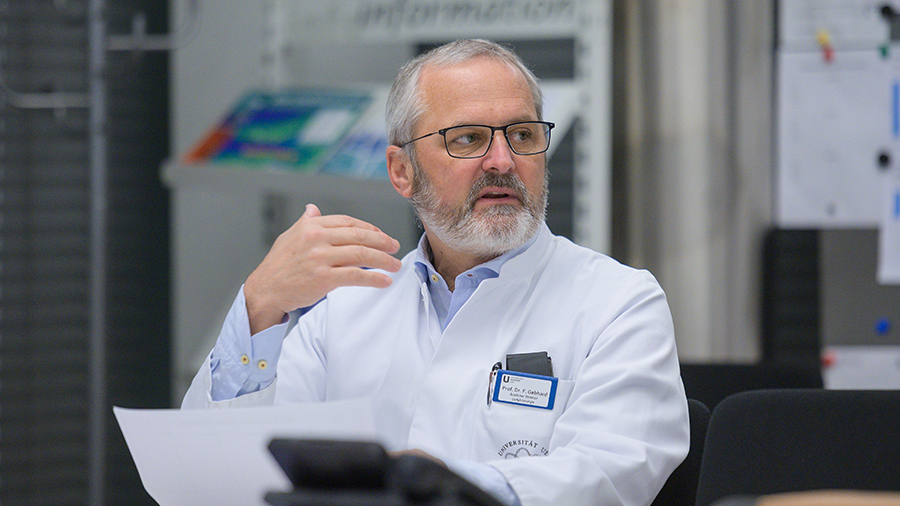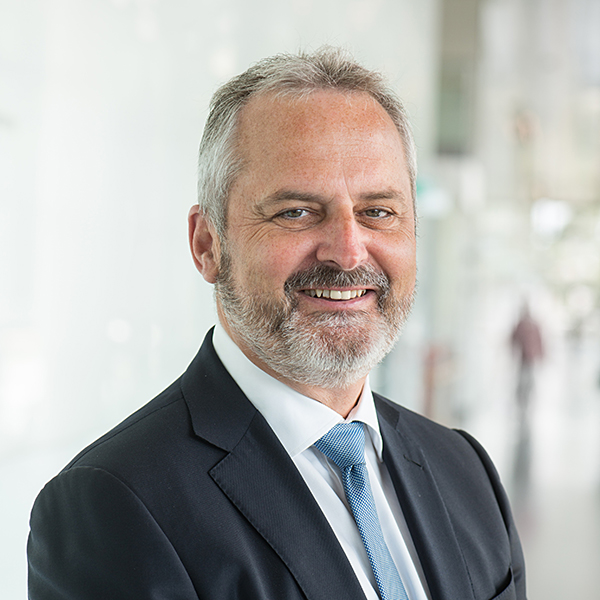Response to COVID-19 drives innovation in surgical practice and education

The COVID-19 pandemic defined 2020. With almost two million lives lost and close to one hundred million confirmed cases by the beginning of 2021, COVID-19 has taken a devastating human toll. The socio-political and economic impact, especially in the strain placed on healthcare systems, has been considerable.
COVID-19 changed how we live and work. Responding adequately to the challenges it presented meant that new technological solutions had to be found. Healthcare is no exception: AO Foundation President-Elect Florian Gebhard has seen this first-hand. As Medical Director of the Department of Orthopaedic Trauma, Hand, Plastic and Reconstruction Surgery at Ulm University Medical Centre, he has presided over the adoption of improved digital enabling systems for trauma surgeons. Under development for a number of years, they were viewed as being at best five years away from roll-out.
One example is the integration of artificial intelligence (AI) and data analysis into digital support systems, enhancing medical practitioners' analytical capabilities and decision-making in the operating room (OR). "Back in 2019, the future seemed really bright regarding the digitalisation of ORs," Gebhard says. "But everybody assumed that most developments in this regard would take place over the following five to ten years."
Another example is the emergence of new digital formats, including conference and networking tools, for the distribution of information around the world. Today users can provide assistance to people around the world more efficiently with the help of technologies that weren't available just one year ago.
This applies to the transfer of knowledge and expertise in the form of courses, conferences and seminars–one the AO’s core activities–as well as to the facilitation of direct exchanges between medical practitioners in distant parts of the world. "New high-end conference systems enable us to set up direct links between ORs in different locations," Gebhard says. As a result, external experts can virtually be brought into an operating room from almost anywhere, for example to consult on particularly difficult procedures.

“At the end of the day there haven't only been downsides to the pandemic. There are also huge opportunities. What we have to do now from the AO’s perspective is to apply them to our mission and our content in order to continue providing gold-standard education globally.”
Florian Gebhard, AO Foundation president-elect

